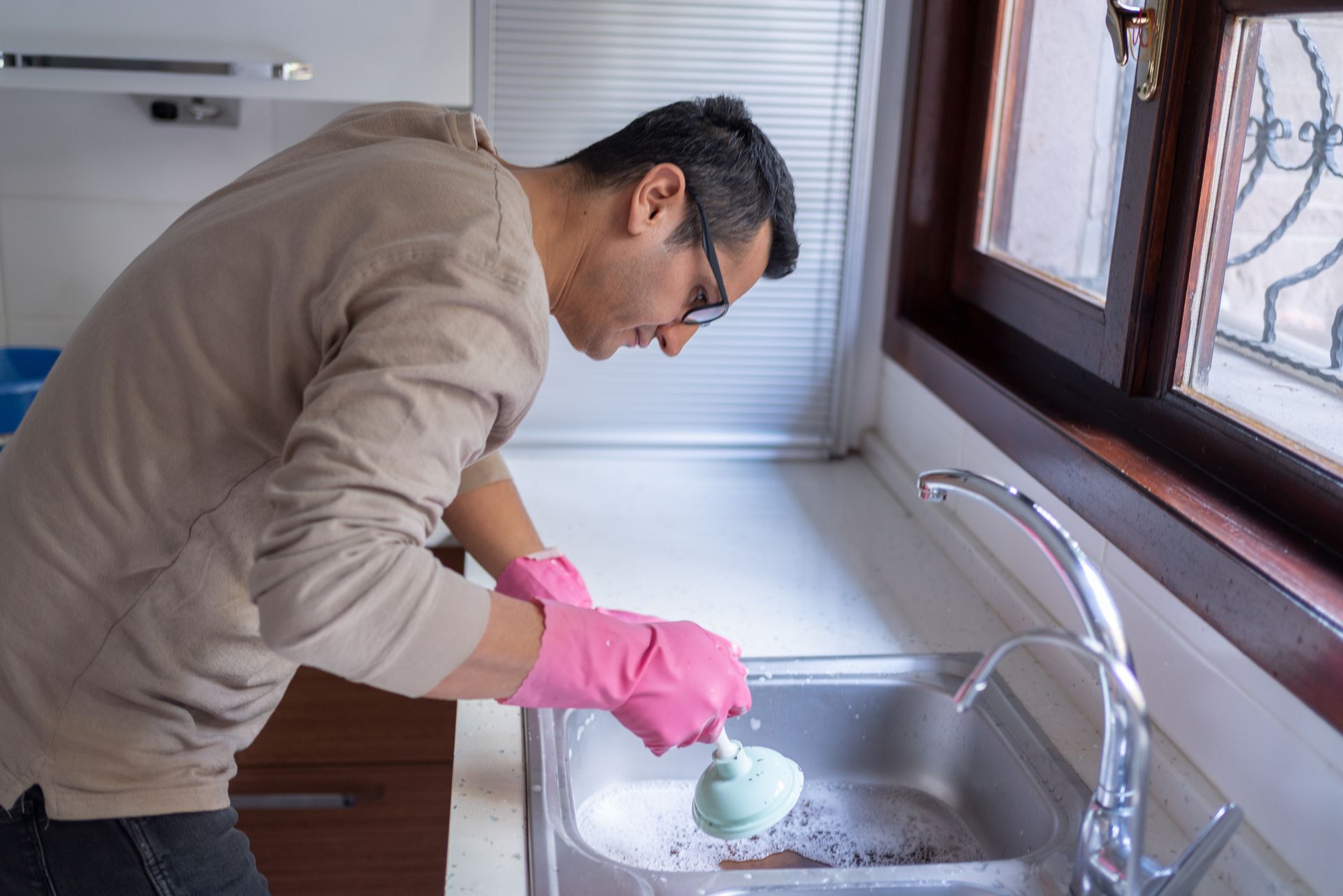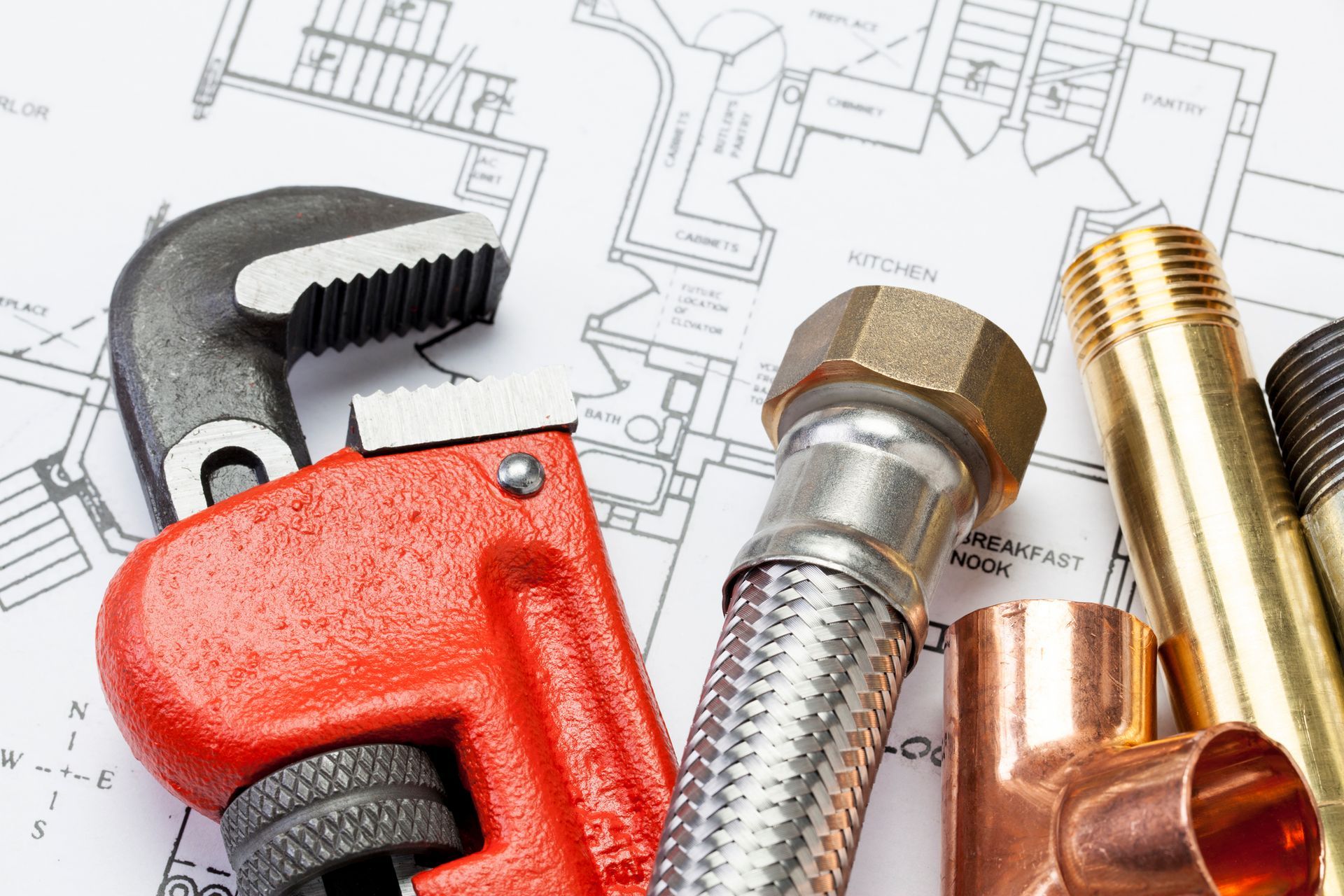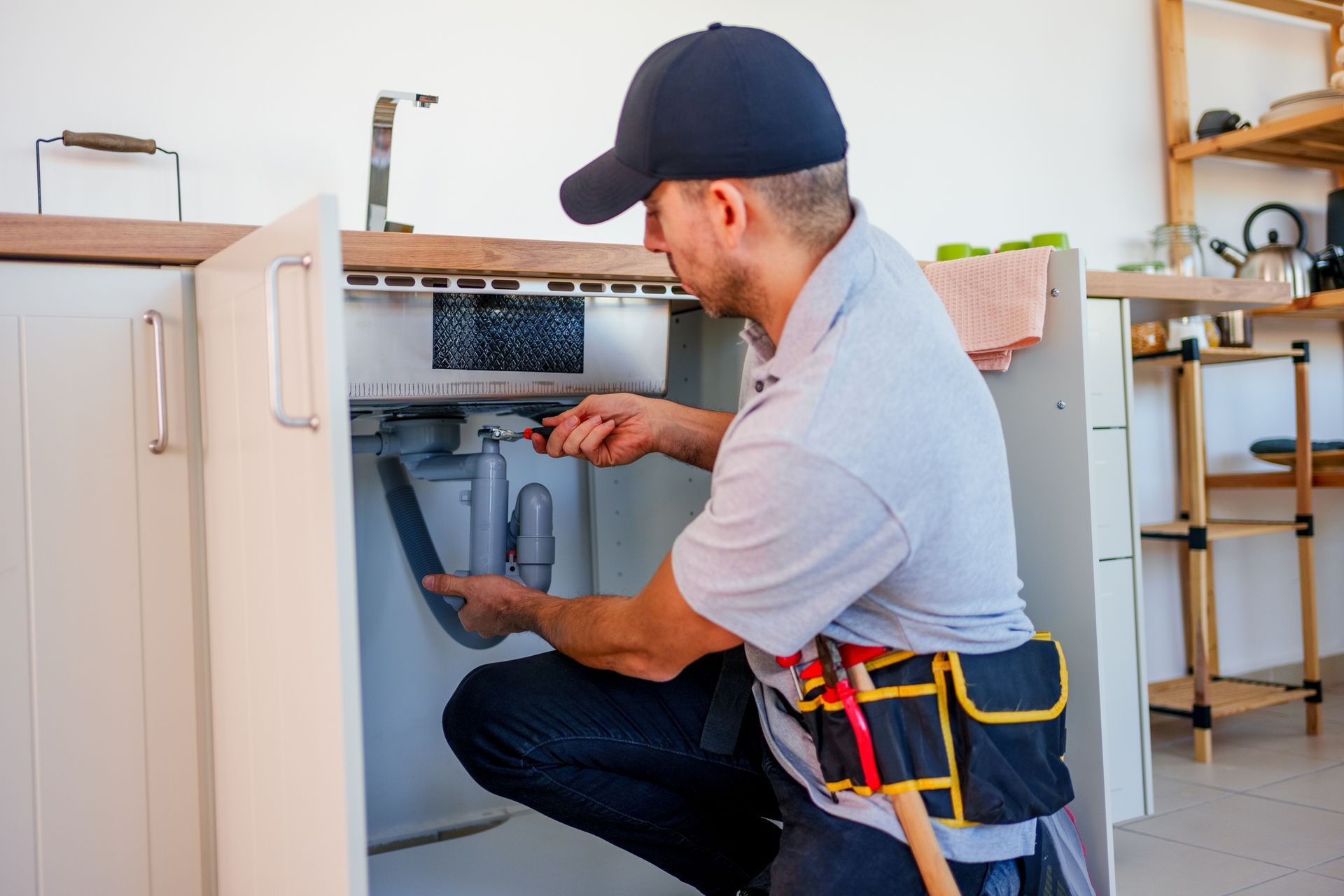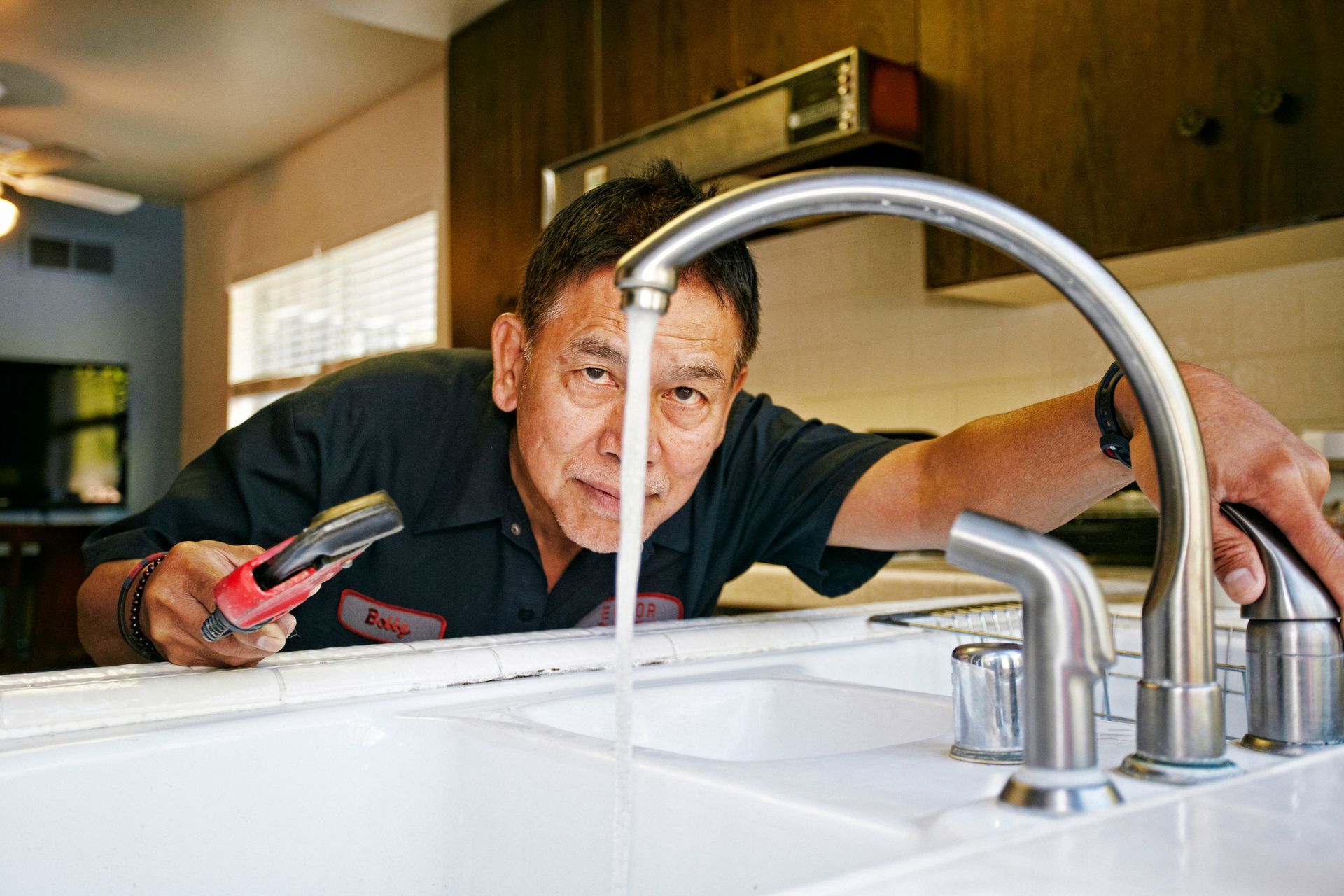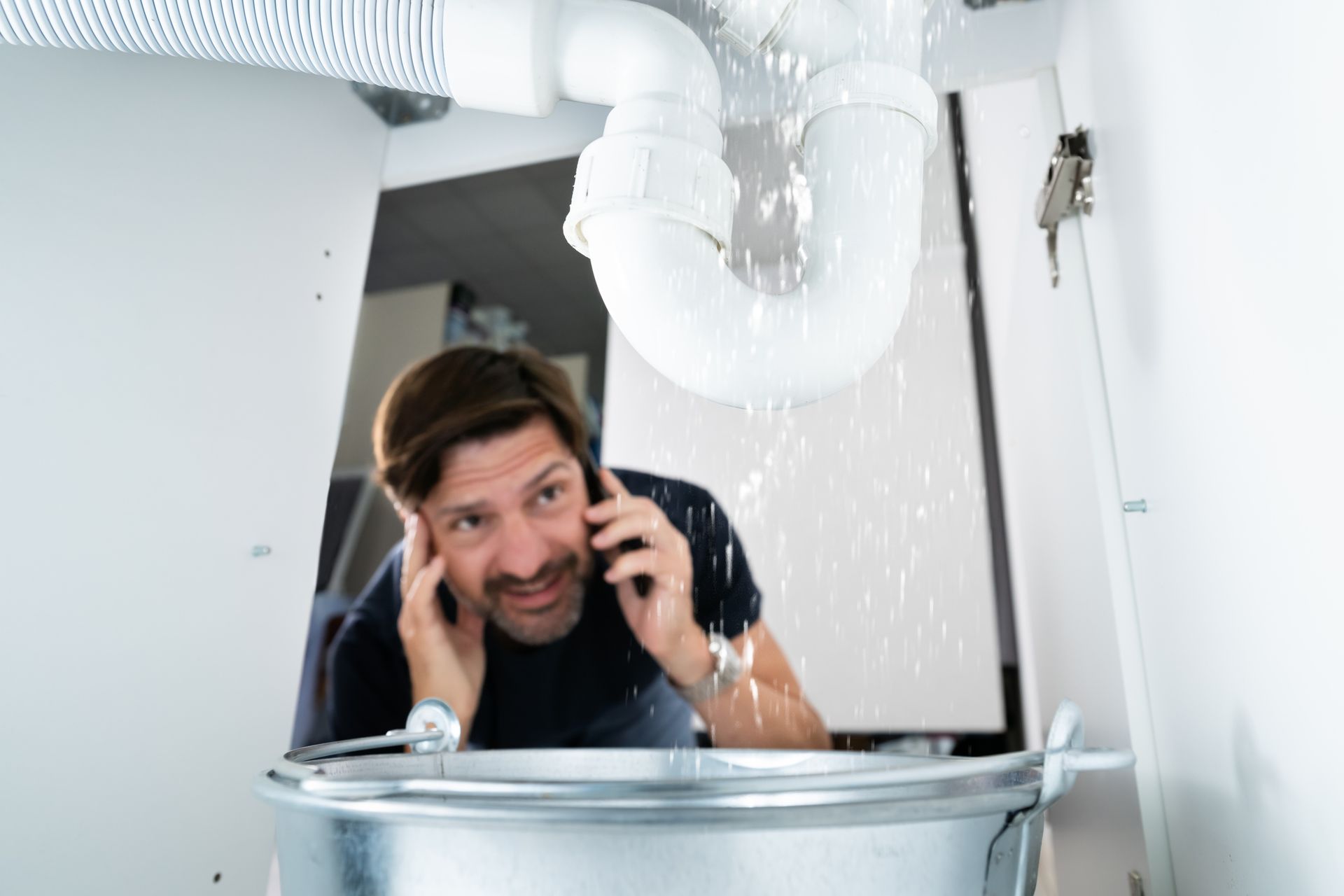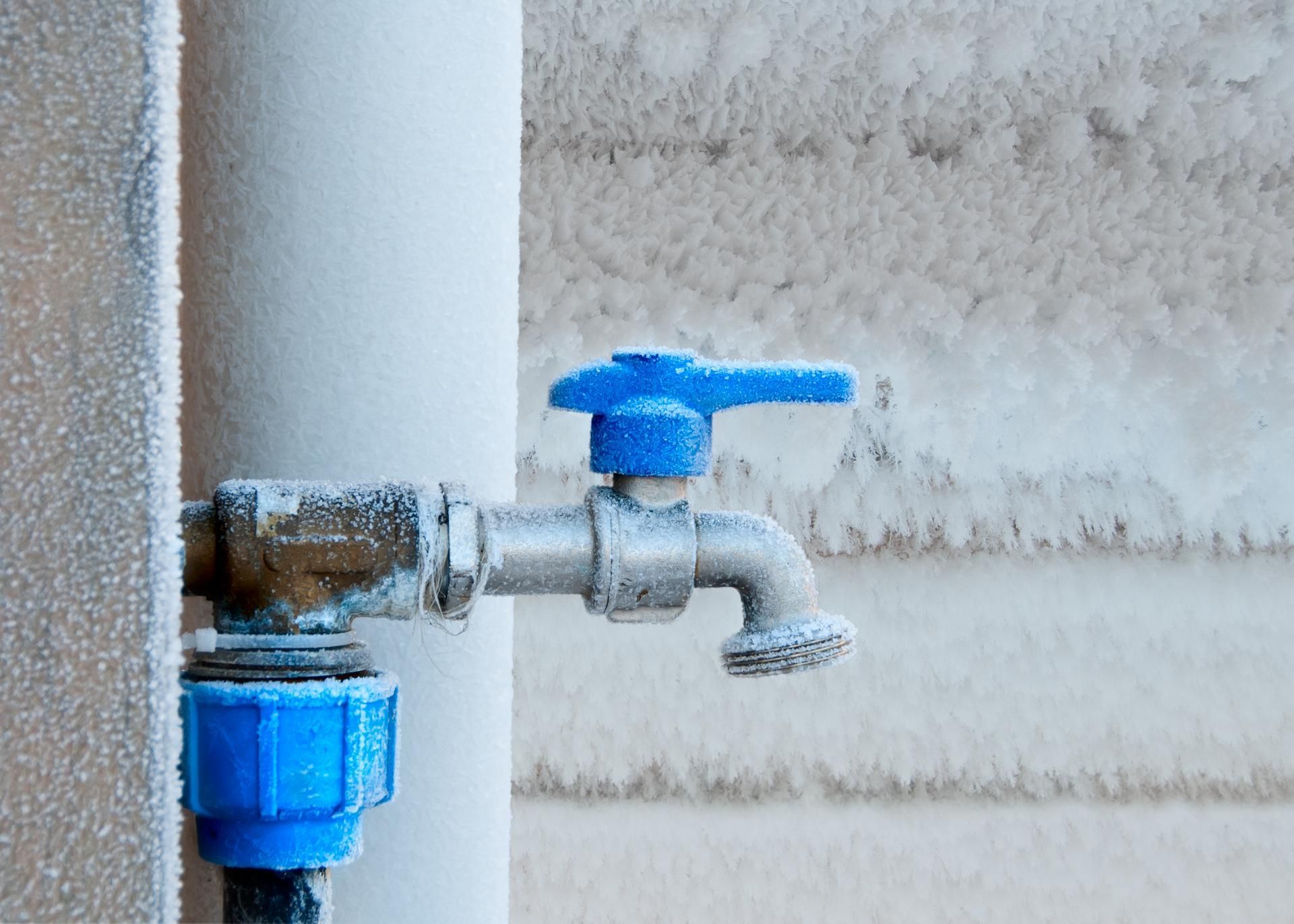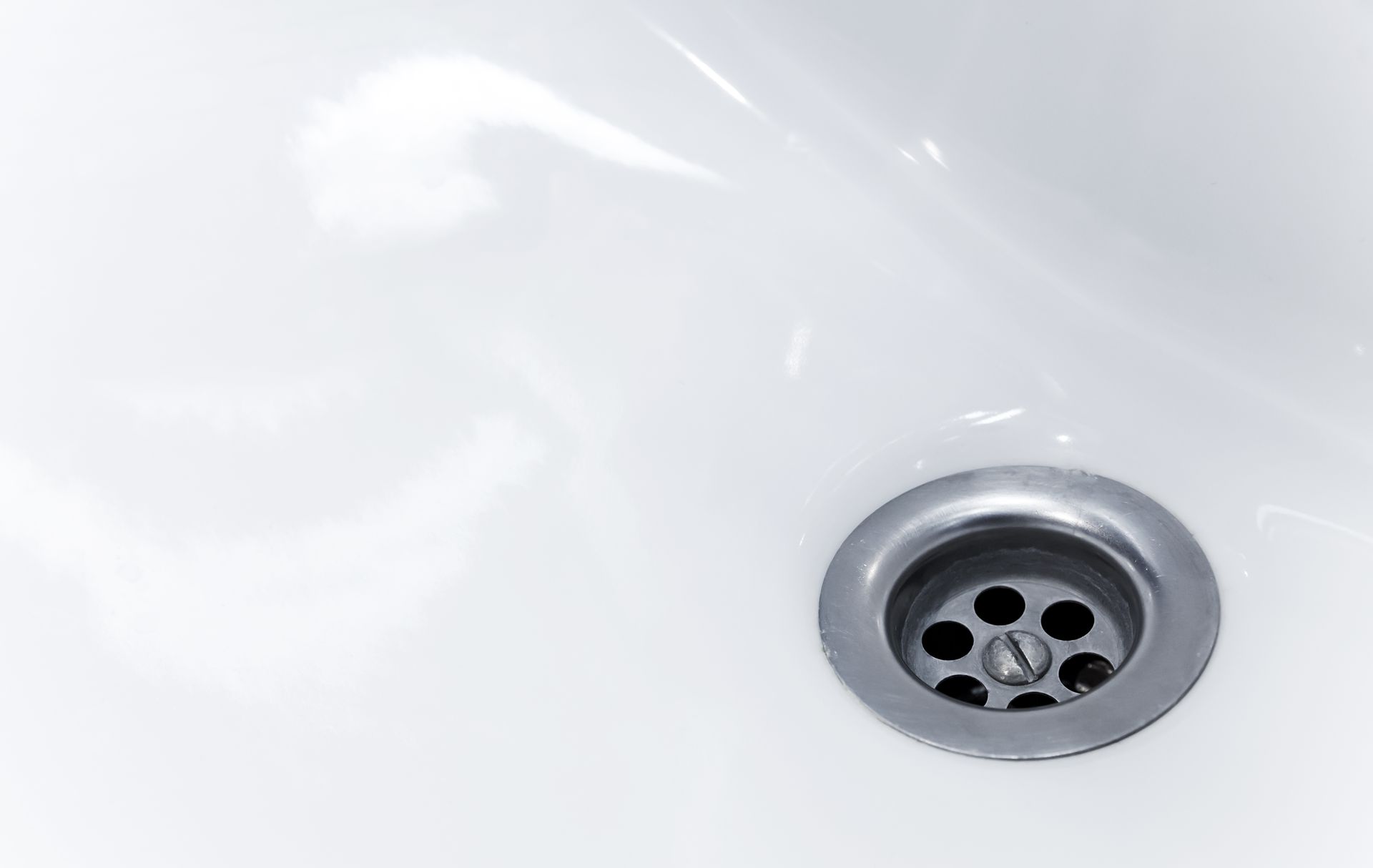Signs It's Time to Replace Your Water Heater
As a homeowner, there are many maintenance tasks that you need to keep track of to ensure the longevity and efficiency of your home. One important aspect of homeownership is knowing when to replace your water heater. In this blog post, we will discuss the signs that indicate it's time to replace your water heater and what you should consider when choosing a new one.
Signs It's Time to Replace Your Water Heater
Water heaters typically last many years, depending on the type and brand. However, some signs may indicate it's time to replace your water heater sooner.
Rusty or Discolored Water
If the water coming out of your faucets or shower is rusty or discolored, it could be a sign that your water heater is rusting on the inside. This is a clear indication that your water heater is nearing the end of its lifespan and needs to be replaced. The rusty water can also cause damage to your appliances and clothes, so don't ignore this warning sign.
Strange Noises
Over time, sediment builds up in water heaters, causing it to make rumbling or popping noises during operation. If you start hearing these sounds coming from your water heater, it's an indication that there is too much sediment buildup and it may need to be replaced. Sediment buildup not only reduces the efficiency of your water heater but can also lead to leaks and other malfunctions.
Leaks or Water Damage
Leaks or water damage around your water heater are never good signs. If you notice any moisture or puddles near your water heater, it's important to have it checked by a professional as soon as possible. It could be a sign of a malfunctioning unit that needs to be replaced.
High Utility Bills
If you notice a sudden increase in your utility bills without any apparent reason, it could be due to an inefficient water heater. As water heaters age, they become less efficient, causing them to work harder and use more energy to heat the water. This will reflect on your utility bills, so keep an eye out for any unusual spikes in your costs.
What to Consider When Choosing a Replacement
When it comes time to replace your water heater, there are a few important factors you should consider before making a decision.
Type of Water Heater
There are several types of water heaters available, including traditional tank heaters, tankless heaters, and heat pump systems. Each type has its own pros and cons, so it's important to research and understand which one would be the best fit for your household's needs and budget.
Size and Capacity
The size and capacity of your new water heater will depend on the number of people living in your home and their hot water usage. A larger household will require a larger capacity water heater to ensure everyone has enough hot water for daily use. It's also important to consider the physical size of the unit and whether it will fit in the designated space.
Energy Efficiency
Investing in an energy-efficient water heater can save you a significant amount of money on your utility bills in the long run. Look for models with high energy factor (EF) ratings, indicating better efficiency. You may also want to consider adding insulation or a timer to further improve efficiency.
Cost and Warranty
Replacing a water heater is an investment, so it's important to consider the cost and warranty of the unit you choose. While you may be tempted to go for the cheapest option, keep in mind that a higher quality and more efficient water heater may have a higher upfront cost but can save you money in the long run. Also, be sure to check the warranty and what it covers before making a purchase.
Replacing your water heater at the right time can save you from costly repairs and inconvenience down the road. Keep an eye out for signs of aging and malfunctions, and consider important factors such as type, size, efficiency, cost, and warranty when choosing a replacement. With proper maintenance and timely replacements, your new water heater will keep your household running smoothly for years to come.
For more information about this, contact us at Plumb Doctor.


